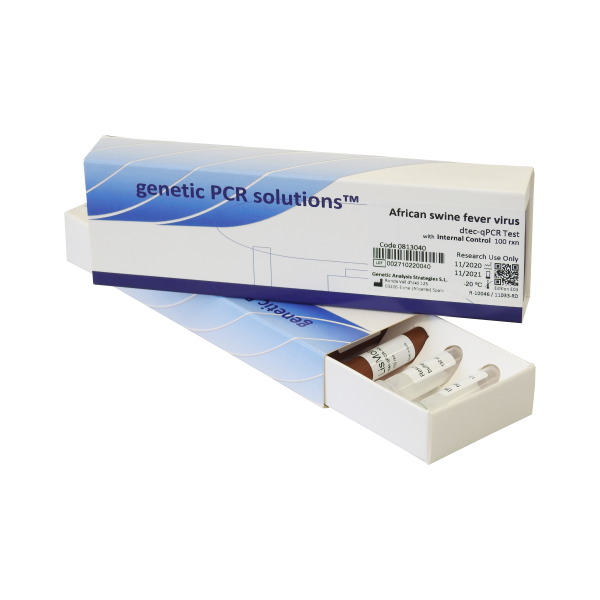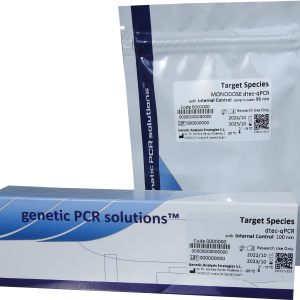
Bartonella henselae
Description
The BarHen dtec-qPCR comprises a series of specific targeted reagents designed for Bartonella henselae detection by using qPCR. Bartonella henselae (formerly known as Rochalimaea henselae), is an aerobic proteobacterium, slow growing and Gram-negative rod belonging to the Bartonellaceae family and one of the most common types of bacteria in the world. B. henselae is a bacterium that infects both cats and humans. When cats are infected, they show no symptoms; in humans the bacterium has different effects on immunocompromised individuals and immunocompetent individuals. In both types of people, bacteremia occurs. In immunocompromised individuals, B. henselae is known to be the agent of bacillary angiomatosis, peliosis hepatitis, septicemia, endocarditis, recurring fever, and neurological disorders. The latter symptoms are fatal when misdiagnosed and improperly treated. In immunocompetent individuals, B. henselae can cause cat-scratch disease (bartonellosis). It is a self-limited infection that occurs in immunocompetent individuals who have been bitten or scratched by a cat. As colonies usually takes two to six weeks to form, the slow growth contributes to frequent misdiagnosis by culture methods.
Kit Content and Prices
GPS™ primers and probes are sold for research use only
All GPS™ Kits are available in F100 and MONODOSE Format
GPS™ reagents are compatible with all qPCR devices


